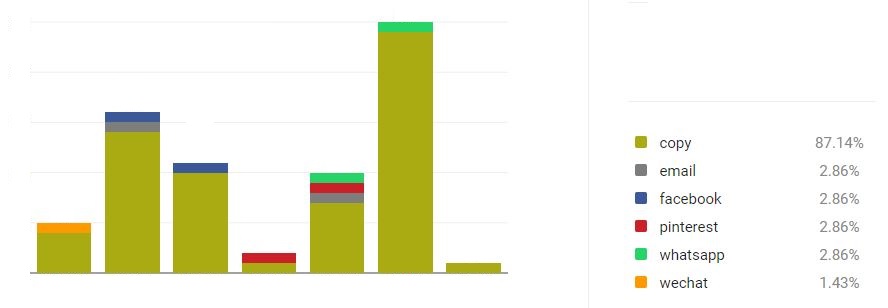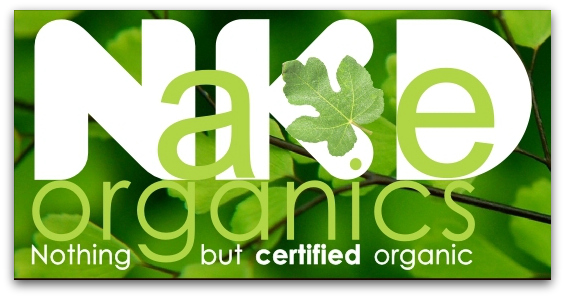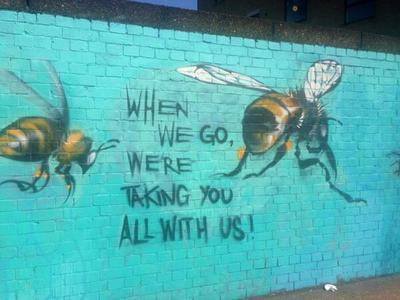|
|
www.moyoway.com |
Buy your Certified Organic |
|
|
CLICK FOR NAKED www.moyoway.com |
Moyo is an African origin word which implies that the
"heart and mind act as one to cultivate the spirit”
GM Foods and Chemicals Indirectly Kill Humans, Animals, Insects and Bees by Weakening Immunity
by Grant
Everyday, humans, animals and insects are eating these pesticides, herbicides, insecticides, fungicides, etc in our daily foods.
While all these chemicals don't kill the first time we eat them, they gradually reduce our immunity while we overload our bodies with these daily toxins.
A weakened immunity makes all living creatures more susceptible to simple sicknesses (pathogens, bacteria, diseases, etc) that should be easy to fend off and overcome.
It seems that the pesticide that is affecting the bees is not directly killing them but is weakening their immune systems to the extent that a naturally occurring bee pathogen (that they are normally able to fend off) is now starting to kill them.
In very general terms, for permission to sell an insecticide in a country, you need to prove that it does not directly kill non-targeted insects. But you don't have to prove that your insecticide does not weaken the immunity of these non-targeted insects.
The fact of the matter is that the way biocide approvals are done, needs to be changed. Under current regulations, the problem cannot be resolved and these agricultural biotech industries are almost free to do as they wish without taking responsibility.
Here is a recent (2014) study concerning the contamination of freshwater systems in the EU. 4,000 sites spanning 91 river basins, throughout Europe, were tested for 223 organic chemical pollutants.
There were two ‘risk thresholds’ for fish, invertebrates and algae:
(1) ‘acute risk threshold’ (ART) = likely to cause death
(2) ‘chronic risk threshold’ (CRT) = likely to cause long-term impacts, for example, decreased breeding rate or increased vulnerability to diseases.
Of the 4,000 sites, 14% were at or above ART and a further 42% were at or above CRT. Pesticides were responsible for over 80% of the ARTS's, for fish and invertebrates, and 96% for algae. Here is the report.
The warning signs, based on research are clearly out there, but only after massive non-targeted insect die off's do regulators raise a red flag, suspend, or in exceptionally few cases ban these chemicals. The fear is, do non-targeted insects, like the bees, have enough numbers and strength to make a sustainable comeback?
If they don't, then it leaves the door open for some sort of commercial pollinator to enter our farms and food chain to replace the bees.





